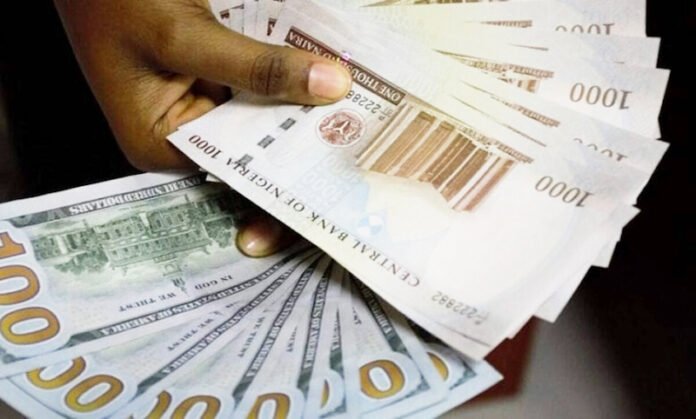Since the Central Bank of Nigeria announced that it has cleared $2bn as part of its backlog obligations, the naira has lost 26.36 per cent of its value against the dollar at the official Investor and Exporter window of the foreign exchange market since.
On Monday, the apex bank disclosed it paid $2bn from the backlog of its forward contract obligations. It stated this when it revealed it had disbursed $61.64m to foreign airlines as part of the matured foreign exchange obligations.
The CBN Acting Director of Corporate Communications, Hakama Sidi Alia, said, “These payments signify the CBN’s ongoing efforts to settle all remaining valid forward transactions, to alleviate the current pressure on the country’s exchange rate.
“It is anticipated that this initiative by the CBN should provide a considerable boost to the Naira hug against other major world currencies and further increase investor confidence in the Nigeria economy.”
On Monday, the naira closed trading at N856.57/$. Since then, the naira has traded above N1000 against the dollar and fell by 26.36 per cent to close at N1082.32/$ on Wednesday, according to data from the FMDQ Securities Exchange.
This is a slight 0.66 per cent increase from the N1089.51/$ it closed trading on Tuesday. This is the fifth time the naira has closed above N1000 on the official window since the Central Bank of Nigeria removed the rate cap on the national currency.
On December 8, the naira fell to an all-time low of N1,099.05/$, on December 28, 2023, it closed trading at N1043.09/$, on January 3, 2024, the national currency closed at N1035.12/$. On Tuesday (January 9, 2024) it closed at N1089.51/$, becoming the second lowest rate the currency has con closed the official FX window.
This steep depreciation of the naira against the dollar is also in the face of renewed efforts to boost liquidity in the foreign exchange market.
![]()










